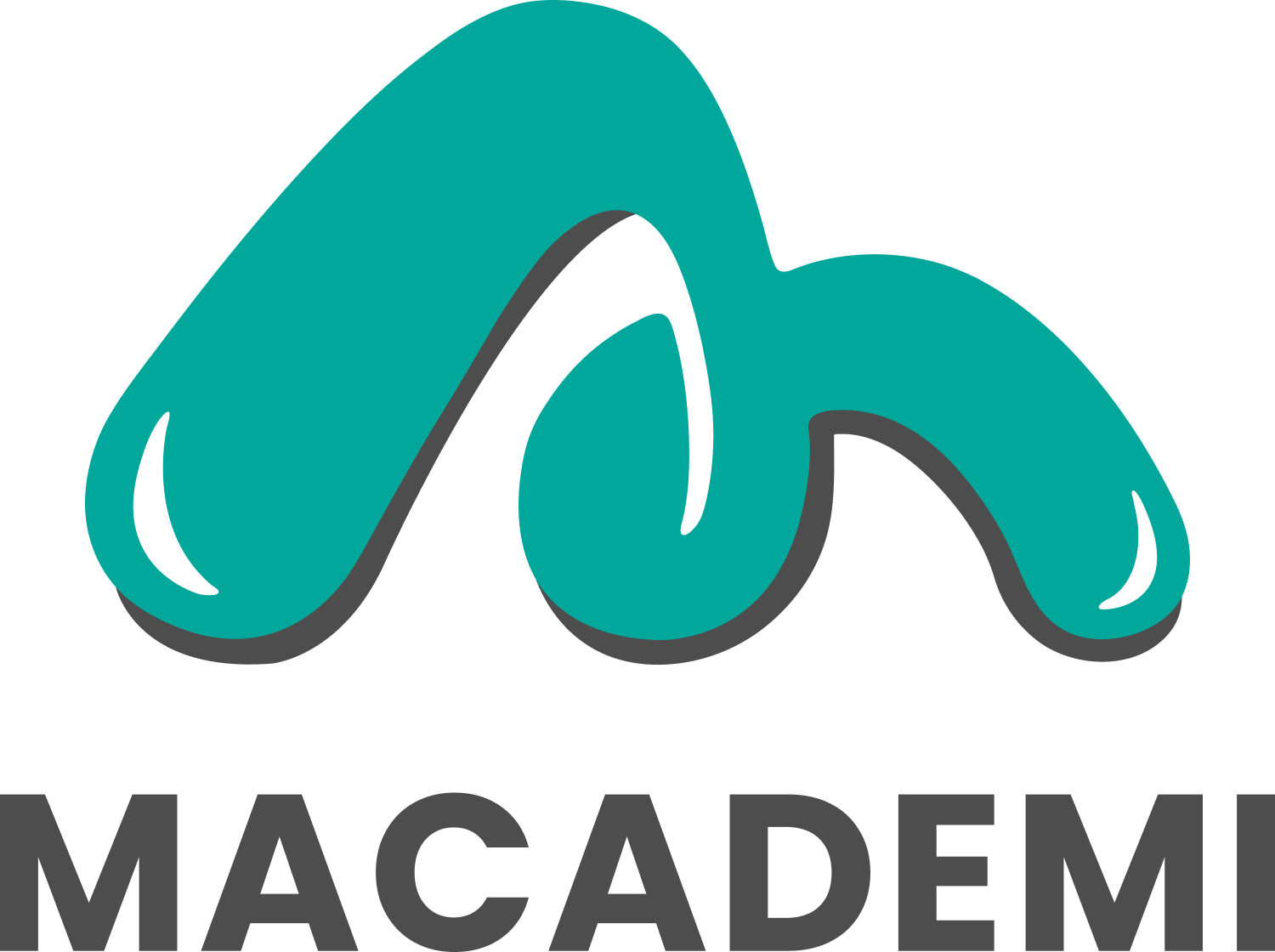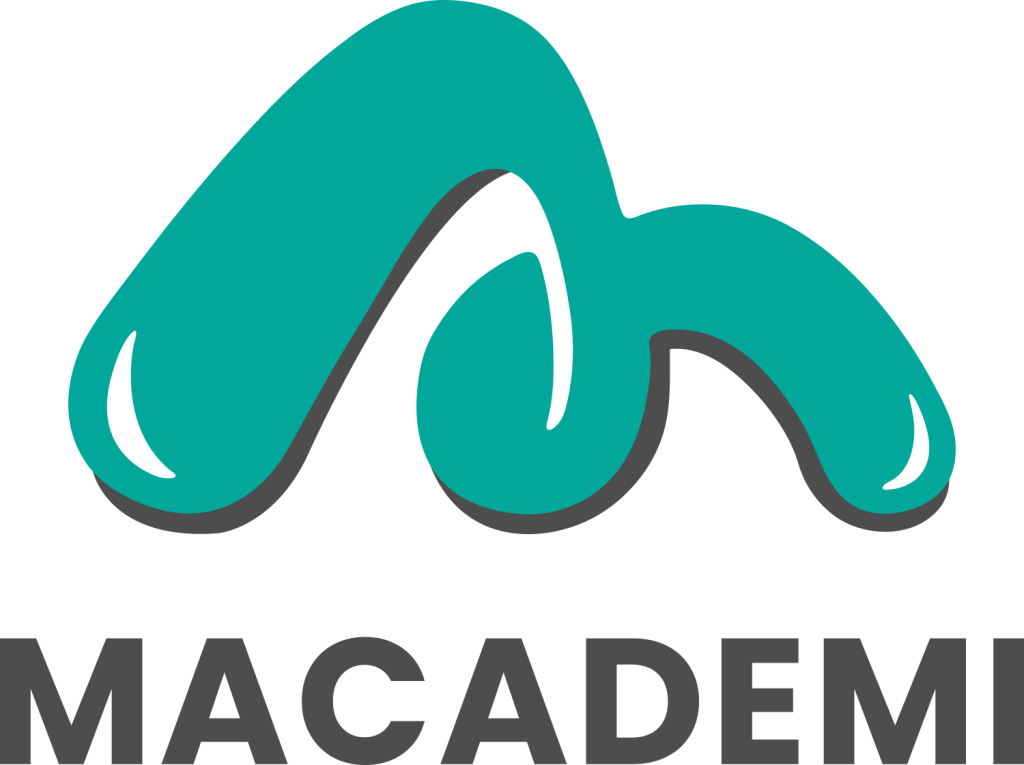E-Invoicing Implementation in Malaysia

The introduction of e-Invoicing in Malaysia marks a significant shift in tax compliance and business reporting. This course provides a comprehensive understanding of the proposed e-Invoicing system, its legislative requirements, and the necessary preparations for businesses. Senior Management and Directors will gain insights into the impacts of e-Invoicing on financial compliance, operations, and overall business processes.
This course is tailored for:
- Senior Management and Directors of Malaysian businesses
- Finance and Tax Professionals
- Business Owners and Entrepreneurs
Compliance Officers
- E-Invoicing Fundamentals: Understand the concept, evolution, and key features of e-Invoices in Malaysia.
- Legislative Insights: Gain knowledge of the latest e-Invoicing laws, guidelines, and potential penalties for non-compliance.
- Practical Application: Explore the 9-step workflow, 13 key focus areas, and reporting requirements for e-Invoicing.
Implementation Strategies: Learn the critical success factors for e-Invoicing adoption, including technology, human resources, and process updates.
By the end of this course, participants will be able to:
- Define the purpose and types of e-Invoices, including their role as proof of income and expenses.
- Identify mandatory and optional fields for e-Invoice data, including specific scenarios such as self-billed e-Invoices.
- Understand the financial and punitive implications of non-compliance.
- Prepare their organizations for e-Invoicing implementation with a focus on technology, workflows, and regulatory adherence.
- Overview of E-Invoicing in Malaysia:
- Definition, concept, and the proposed e-Invoicing model
- Types of e-Invoices: Debit Notes, Credit Notes, Refund Notes
- Reporting requirements for B2B, B2C, and B2G transactions
- Self-billed e-Invoice requirements for imports and other categories
- Regulatory and Compliance Framework:
- Legislative and guideline insights from Malaysian tax authorities
- Non-compliance offences and their financial impacts on businesses and directors
- E-Invoicing Workflow and Key Areas:
- 9-step workflow and the Golden 72-hour rule
- Key focus areas: Statements, reimbursements, cross-border transactions, and currency exchange rates
- Cybersecurity and API integration for e-Invoicing compliance
- Preparation for E-Invoicing Implementation:
- Overview of benefits and challenges for businesses
- Impacts on accounting, tax compliance, and operational workflows
- Success factors: Technology, human resources, and business process alignment
This course provides practical knowledge and actionable strategies for businesses to navigate the complexities of e-Invoicing implementation. Participants will learn how to ensure compliance, mitigate risks, and capitalize on the benefits of this transformative system.
—
—



